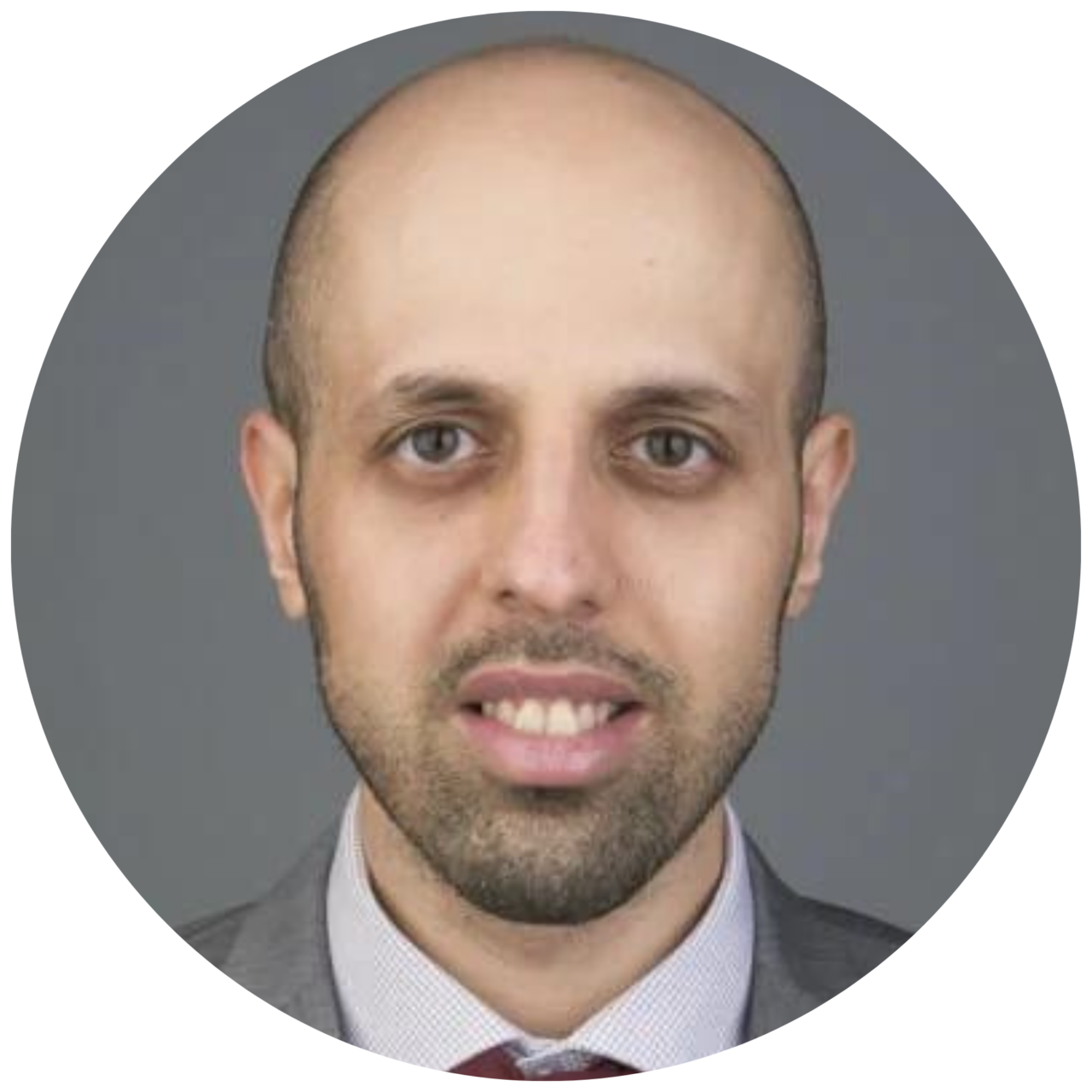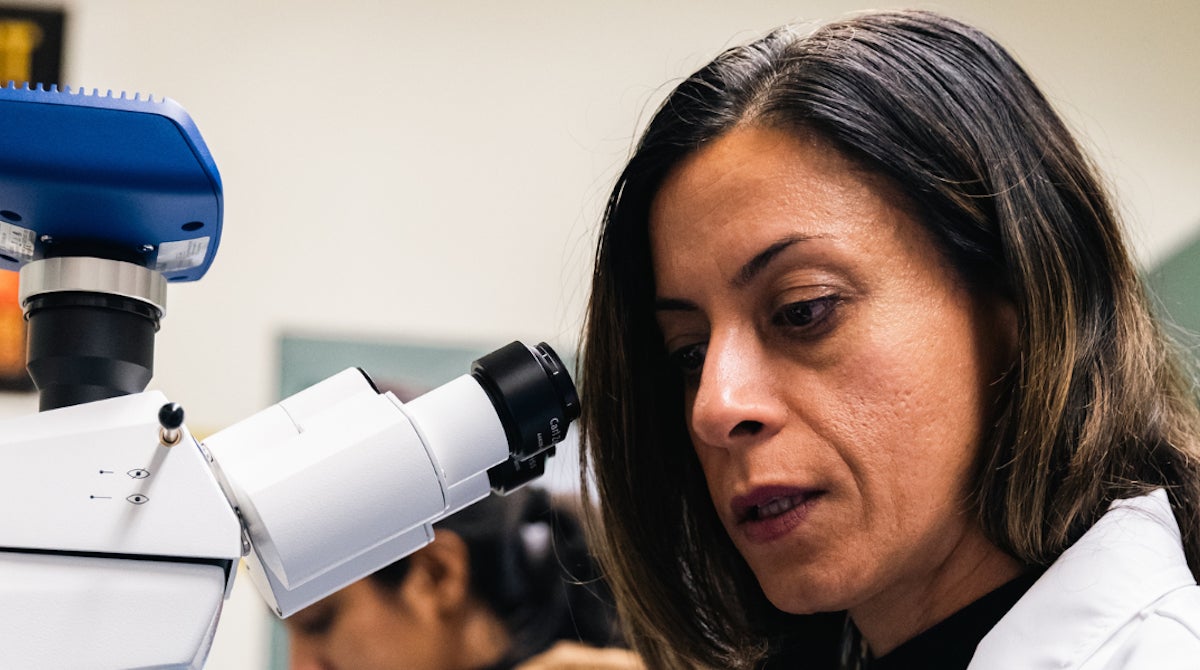GIRARD SCHOOL OF BUSINESS
SCHOOL OF EDUCATION AND SOCIAL POLICY
SCHOOL OF ARTS AND SCIENCES
SCHOOL OF ENGINEERING AND COMPUTATIONAL SCIENCES
SCHOOL OF NURSING AND HEALTH SCIENCES
Bolster your confidence in applying high-tech equipment and sophisticated analyses to the most pressing environmental and infrastructure challenges with Merrimack’s Master of Science in Civil Engineering.

Learn about the Merrimack College community, application process, financial aid, your program's curriculum, professional opportunities, fellowships and more!
Merrimack’s civil engineering master’s degree is tailor-made for aspiring civil engineers seeking profound technical expertise. Our program is designed to equip you with advanced technical skills and innovative problem-solving abilities necessary to lead in today’s dynamic engineering landscape.
This program’s curriculum is synergistically designed to provide you with an advanced understanding of civil engineering, building upon and extending the foundational knowledge acquired at the undergraduate level. You will be challenged to synthesize complex information, demonstrate critical thinking, and apply innovative solutions to real-world problems—all under the watchful mentorship of your graduate advisors.
Merrimack’s highly versatile civil engineering master’s degree allows you to choose between two different options to pursue the learning experience that best fits your scholarly and professional needs: the Master’s Thesis Option and the Master’s Project Option. With the Master’s Thesis Option, you will delve into research and identify significant gaps in the field of mechanical engineering. With the Master’s Project alternative, you will deep-dive into research and identify significant gaps in the field of civil engineering. With the Master’s Project alternative, you’ll engage in real-world problem-solving and key decision-making processes for public infrastructure. Students integrate their coursework with research or project work to ensure a unique and holistic learning experience. Both options have the same first-year curriculum.
This program is designed to expand your skill set and prepare you to be a leader in the civil engineering field. Through a robust curriculum, hands-on learning and experienced faculty, you will obtain the level of expertise that organizations are seeking in a team member.
At Merrimack, we foster an environment to support networking and career growth, and encourage you to form valuable connections with knowledgeable professors and be a part of a tight-knit group of peers.
Merrimack’s civil engineering master’s degree is designed to offer competitive tuition compared to other programs. Additionally, we offer scholarships that significantly reduce the cost of tuition and graduate fellowship opportunities for students opting for the thesis option*, in which students work closely with and in support of faculty research in exchange for a large tuition discount.
*Please note that a fellowship position is not guaranteed for all thesis students. All students (project and thesis) may qualify for a scholarship.
Submitting test scores are optional for Merrimack’s graduate admission. However, we encourage you to submit your scores if you feel they will support or enhance your academic background. There is no fee to apply.
Merrimack’s civil engineering master’s degree program offers a flexible approach with two options: the Master’s Thesis Option and the Master’s Project Option. These options cater to different learning preferences and career objectives, allowing students to tailor their academic experience to meet their academic and professional goals, gain technical proficiency and become experts in their chosen career path.
Below is a brief overview of each path:
The thesis option delves deep into research, pushing students to identify significant gaps in the field. For instance, a student might develop technology to monitor structural damage from earthquakes remotely, aiding in post-disaster structural assessments in challenging terrains. Throughout this journey, students are integral contributors to the research, spearheading literature reviews, research design, experimentation and authorship of scholarly articles. Their efforts culminate in a thesis vetted by a committee of civil engineering experts with a commendable record of published research.
The project option emphasizes real-world problem-solving. A prototypical project might involve a student analyzing a problematic intersection in a city plagued by flooding and accidents. The student formulates viable redesign alternatives by integrating cost considerations, material choices, site constraints, local regulations, stakeholder opinions and historical data. These solutions address both stormwater management and traffic infrastructure, with the potential to influence key decision-making processes.
Merrimack’s civil engineering master’s degree will enable you to explore advanced concepts, such as the significance of financial and societal impacts on project outcomes, and learn to seamlessly integrate cutting-edge technologies with existing solutions to ensure optimal project results.
In this 34-credit program, you should:
With many of the nation’s roads, bridges and buildings in disrepair, the need for skilled civil engineers is more urgent than ever before. In fact, the Bureau of Labor Statistics (BLS) projects “22,100 new jobs to open in the civil engineering field by 2031. The profession is expected to grow by 7%.” With the industry taking off, there will be a need to fill senior positions and managerial roles, many of which (according to the BLS) require a master’s in civil engineering. With a graduate degree from Merrimack College, you will be highly competitive for jobs in leadership and decision-making roles, which earns a higher salary.
Applicants must hold a Bachelor of Science degree in Civil Engineering from an accredited college or university. Applicants with a Bachelor of Science in other engineering disciplines or closely related fields (such as architectural engineering, chemistry, construction engineering, environmental engineering, mathematics, physics, etc.) will be reviewed case-by-case. An undergraduate GPA of at least a 2.7 on a 4.0 scale is required for entry to the graduate program, and it is recommended that all applicants have a GPA of at least 3.0. English proficiency is required for admission. There is no fee to apply.
Recommended prerequisite courses:
“It was clear that a master’s degree could help increase my potential and put me in the best position to have a successful future. I viewed a master’s degree as a way to help me accelerate career development and enhancement.”
― Joseph Privitera M’19
Merrimack College scholarships can provide additional support to limit your expenses and debt burden. All graduate students are automatically considered for our Dean Scholarship. Students in the thesis option may also apply for a fellowship, in which they will work closely with and in support of faculty research in exchange for a significant tuition discount.

Contact the Merrimack College Office of Graduate Admission at graduate@merrimack.edu.
"*" indicates required fields
An associate professor in Merrimack College’s School of Arts and Sciences, Noori’s research uses plant science to protect human health and restore environmental health.
